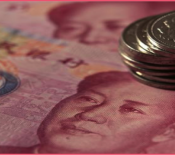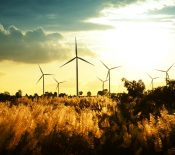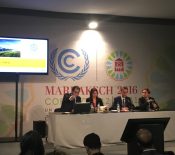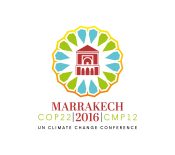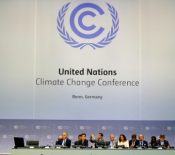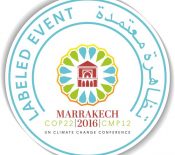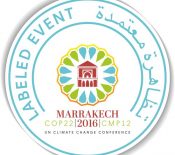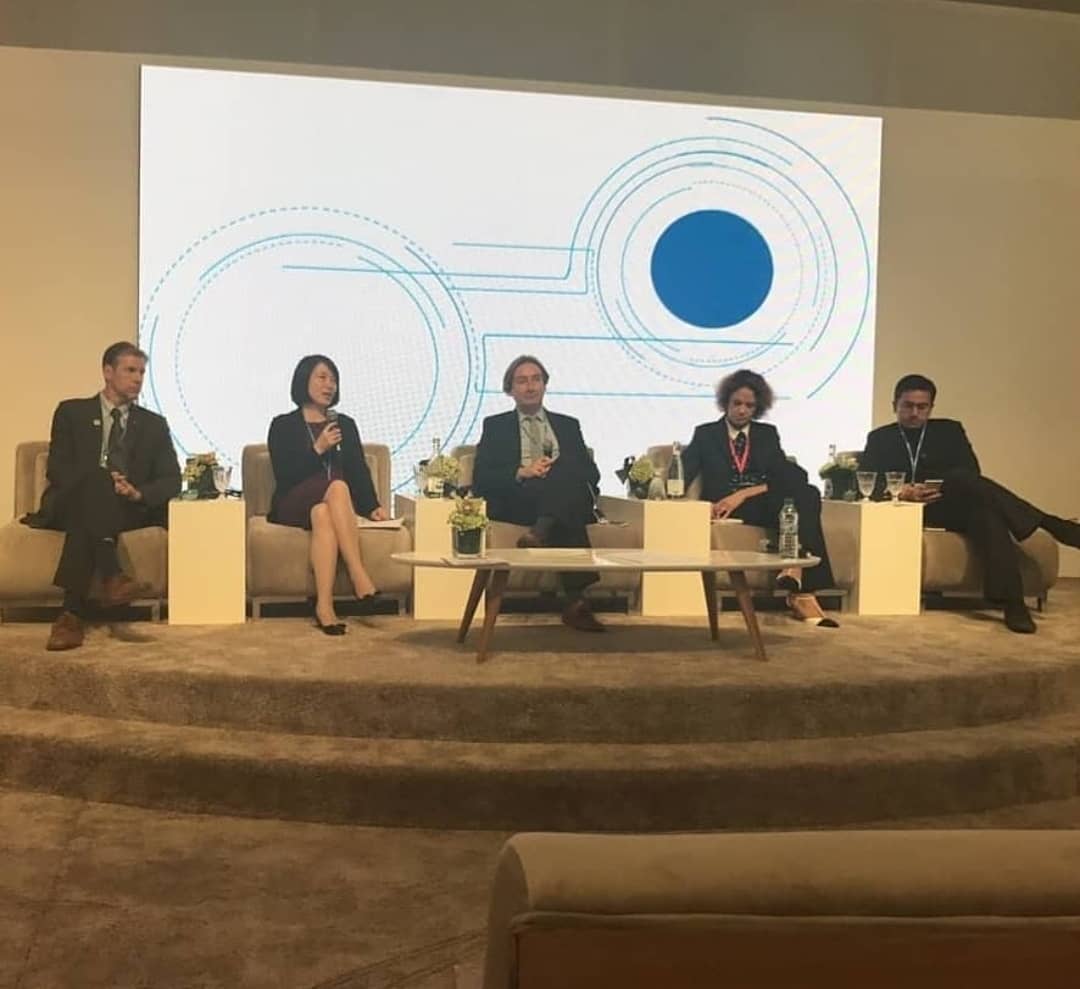On the 17th of January 2017, the Hydrogen Council was launched as part of the Davos Forum, inaugurated by Dominic Waughray, Senior Director and Head of Environmental Initiatives of the World Economic Forum. The Bridge Tank, the only think tank to be invited to the event, was represented by out president Joël Ruet. Raphaël Schoentgen, board member and also Chief Technology Officer of Engie, was also present. This meeting was the first of its kind and at its level held to discuss challenges and opportunities ahead for hydrogen technologies. Among the influencers and CEOs present were Bertrand Picard, Chairman of Solar Impulse, as well as the CEOs of Total, Air Liquide, Kawasaki, Shell, Toyota, Linde, BMW, Engie, Daimler, Honda, Hyundai.
The first global initiative of its kind, the ‘Hydrogen Council’ aims to position hydrogen among the key solutions of the energy transition. Hydrogen, a versatile energy carrier with favorable characteristics, does not release any CO2 at the point of use as a clean fuel or energy source, rendering it therefore an important player in the transition to a clean, low-carbon, energy system. Hydrogen technologies and products have significantly progressed over past years and are now being introduced to the market. The Council will work with, and provide recommendations to, a number of key stakeholders such as policy makers, business and hydrogen players, international agencies and civil society to achieve these goals.
During the launch, members of the ‘Hydrogen Council’ confirmed their ambition to accelerate their significant investment in the development and commercialization of the hydrogen and fuel cell sectors. These investments currently amount to an estimated total value of €1.4 Bn/year*. This acceleration will only be possible if the key stakeholders increase their backing of hydrogen as part of the future energy mix with appropriate policies and supporting schemes.

